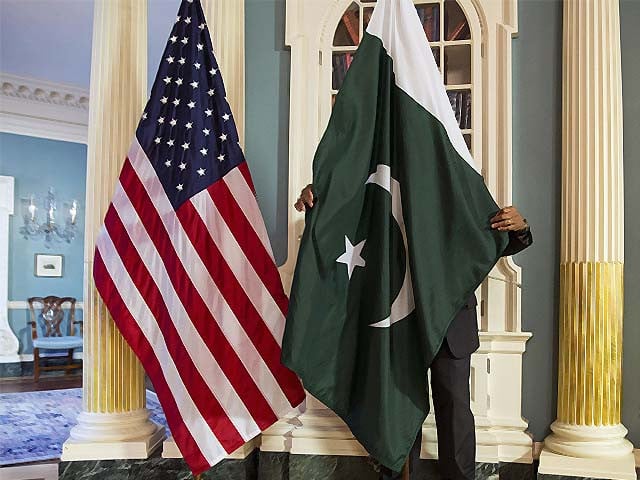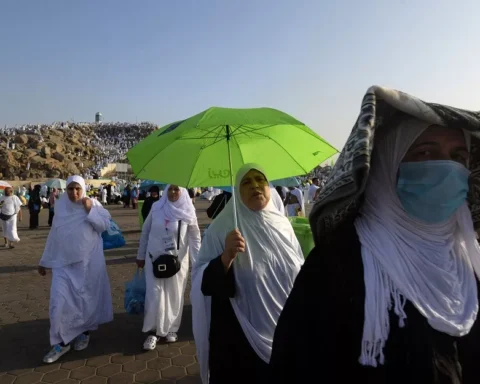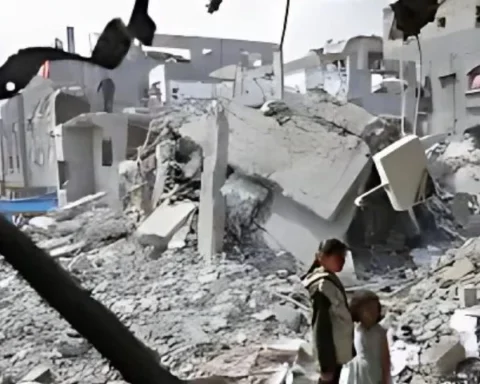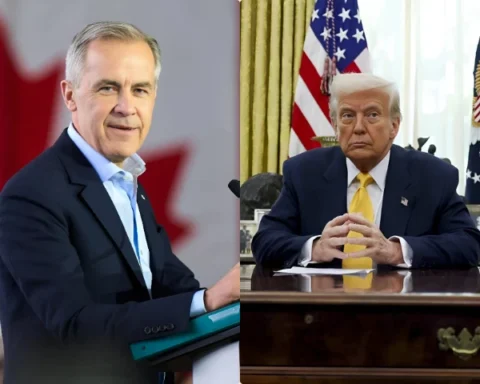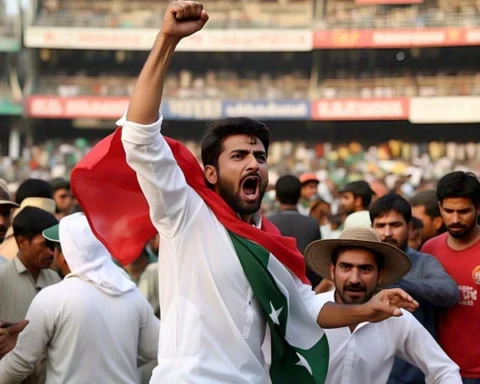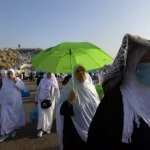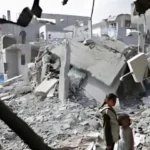Pakistan Sends High-Level Delegation to US to Challenge New 29% Tariffs
Key Developments:
- Delegation Formation: Pakistan will dispatch a high-level team—including government officials, business leaders, and exporters—to the US to negotiate the new 29% tariffs imposed on Pakistani goods (effective April 2).
- Objective: Seek a mutually beneficial resolution to protect Pakistan’s export interests and stabilize bilateral trade relations.
- PM’s Directive: Prime Minister Shehbaz Sharif stressed the need to strengthen decades-old trade ties with the US, calling for urgent diplomatic and economic engagement.
Meeting Highlights:
- Chaired by PM Sharif, the session reviewed tariff impact assessments from the Steering Committee and Working Group.
- Proposed strategies were discussed, though specifics remain undisclosed.
- Attendees included Deputy PM Ishaq Dar, Finance Minister Muhammad Aurangzeb, and SAPM Tariq Fatemi.
- Pakistan’s US Embassy has already been in talks with American officials to mitigate fallout.
Broader Context:
- The tariffs, part of a broader US protectionist shift, risk disrupting Pakistan’s export economy, particularly textiles and agriculture.
- The move mirrors US trade actions against other nations, signaling a tougher stance on imports.
Next Steps:
- The delegation’s composition and travel timeline are yet to be finalized.
- Success hinges on lobbying for exemptions or phased implementation, given Pakistan’s strategic trade relationship with the US.
Pakistan’s proactive response underscores the economic stakes of the tariffs. While negotiations face challenges—amid global trade tensions—Islamabad aims to preserve market access and avoid long-term damage to its export sector. The outcome could shape future US-Pakistan trade dynamics, influencing investment and supply chain decisions.
